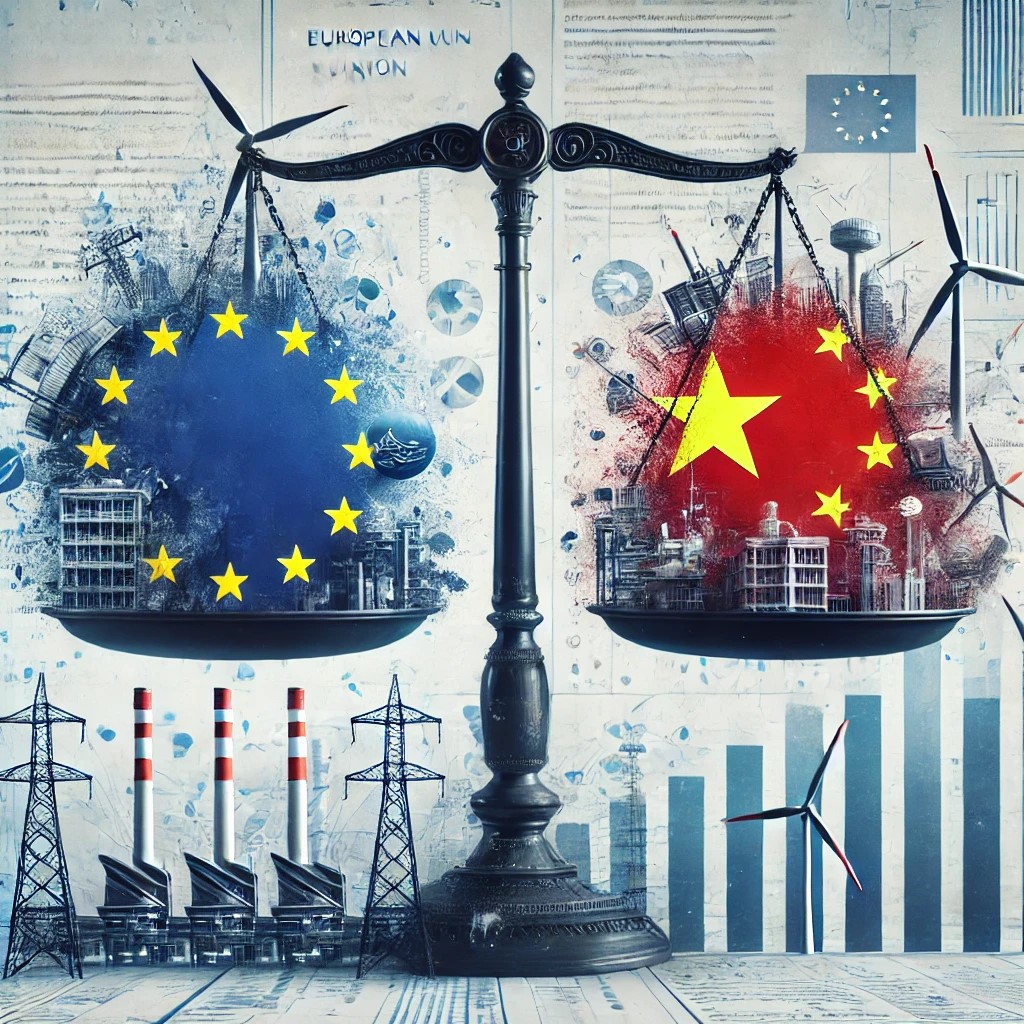The Foreign Subsidies Regulation (FSR) has become a key tool for the European Union to protect its single market from unfair competition. Introduced in October 2023, the regulation aims to ensure that companies benefiting from foreign subsidies, particularly from non-EU countries like China, do not gain an unfair advantage in the European market. While the FSR is a milestone in Europe’s competition law framework, it also raises significant questions about its impact on foreign investment—particularly Chinese investments in critical infrastructure sectors such as energy.
At its core, the FSR seeks to level the playing field for European companies, preventing non-EU firms from undercutting prices or gaining market share through state subsidies. It addresses concerns that have long been brewing in EU member states about the influx of Chinese investments—often backed by state support—into sectors that are vital for national security and economic stability.
While the FSR is seen as a necessary safeguard to ensure fair competition within the EU, it also introduces new complexities and potential risks, especially for non-EU companies seeking to invest in Europe. Chinese enterprises, which have increasingly targeted the EU for strategic investments in sectors like energy, telecommunications, and technology, find themselves at the forefront of this regulatory scrutiny.
Malta offers a prime example of how the FSR could influence EU-China relations. Recently, a bid by a Chinese state-owned company for a temporary diesel-powered power plant in Malta was met with concerns that it could face months of delays due to the FSR’s rigorous scrutiny process. The power plant, a critical infrastructure project to address summer energy demands, may see its completion delayed if the Chinese-led bid triggers FSR review procedures.
Malta’s energy sector already features significant Chinese involvement—Shanghai Electric Power holds a third of Enemalta, Malta’s energy provider. Further Chinese investment in the energy sector, especially in the form of state-subsidized bids, raises questions about Malta’s energy sovereignty and whether EU regulations could effectively deter future bids from non-EU players.
From an EU perspective, the FSR represents a critical step in safeguarding the region’s market from unfair foreign competition. The regulation serves to protect vital industries and ensures that non-EU companies do not dominate key sectors through state-backed financial advantages. This is especially crucial in strategic industries such as energy, technology, and public infrastructure, where national security concerns often intersect with economic interests.
However, the FSR also brings with it a host of challenges, particularly for businesses and countries relying on foreign investment. China, one of the largest investors in EU infrastructure, is now confronted with legal uncertainties surrounding the FSR. These uncertainties could discourage Chinese firms from investing in the EU, particularly if they perceive the regulatory framework as overly burdensome or unpredictable. The Chinese Chamber of Commerce to the EU (CCCEU) has already expressed concerns about the FSR’s impact, stating that the regulation could undermine the business environment for foreign companies operating in the EU.
This highlights a broader tension: while the FSR is designed to promote fair competition, its implementation could be viewed as protectionist by foreign investors, potentially deterring much-needed investments, especially in sectors like energy where European countries face growing demand for infrastructure development. The challenge for the EU lies in finding a balance between protecting its internal market from unfair foreign competition and ensuring that it remains an attractive destination for foreign investment.
As the FSR continues to evolve, companies involved in cross-border investments will need to closely monitor enforcement cases and ensure compliance to avoid potential pitfalls. Understanding how the regulation applies to public procurement and mergers, particularly in sectors like energy where foreign involvement is high, will be critical for businesses moving forward.
From stability to strategy – The 2025 banking reset and the 2026 roadmap
Global markets closed 2025 on a strong note as AI-led equity gains
Strong year for European equities
European equity markets capped off 2025 with strong double-digit gains
S&P 500: Another year of strong gains
The S&P 500 index has rallied nearly 17% so far in 2025







